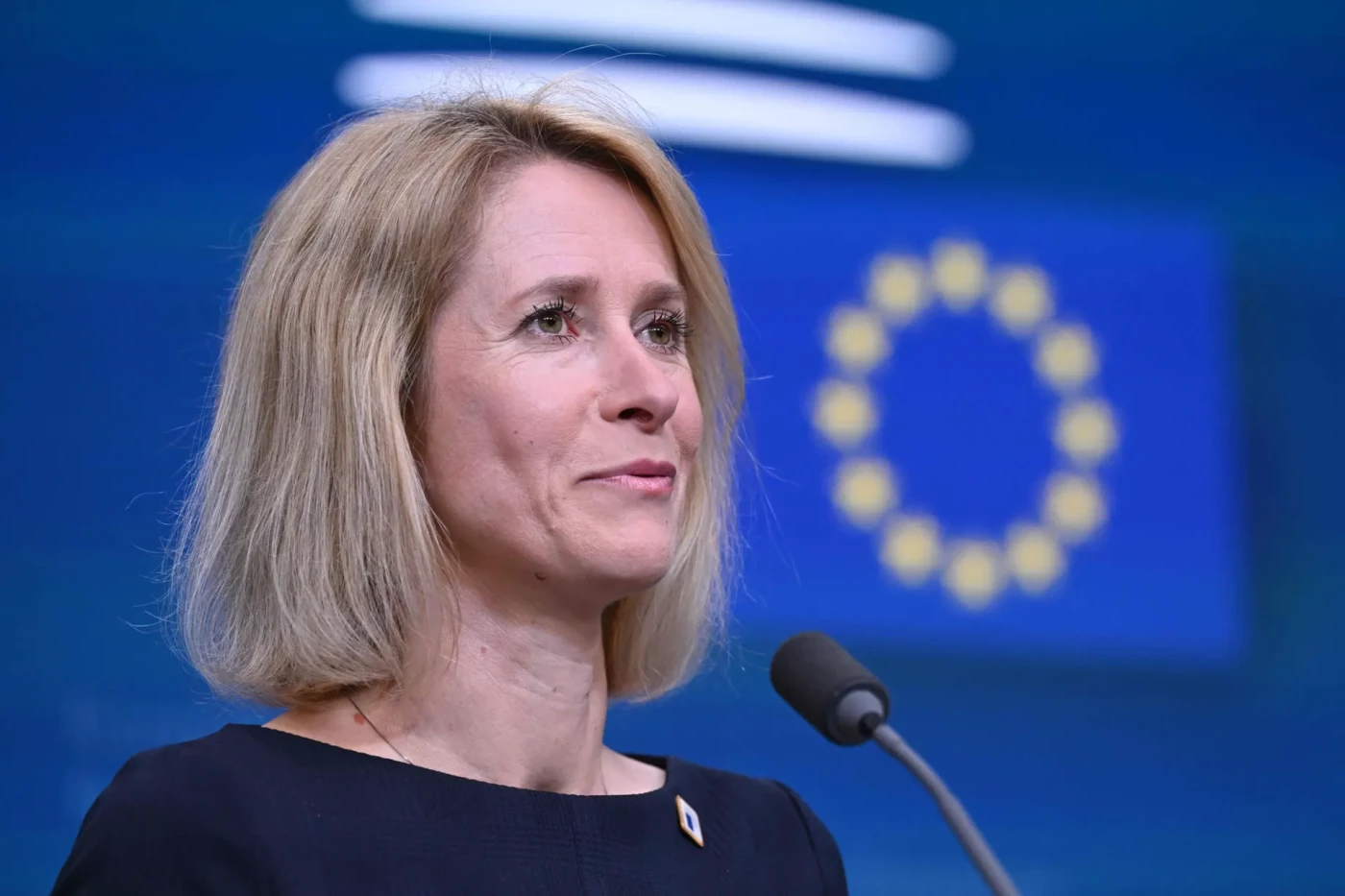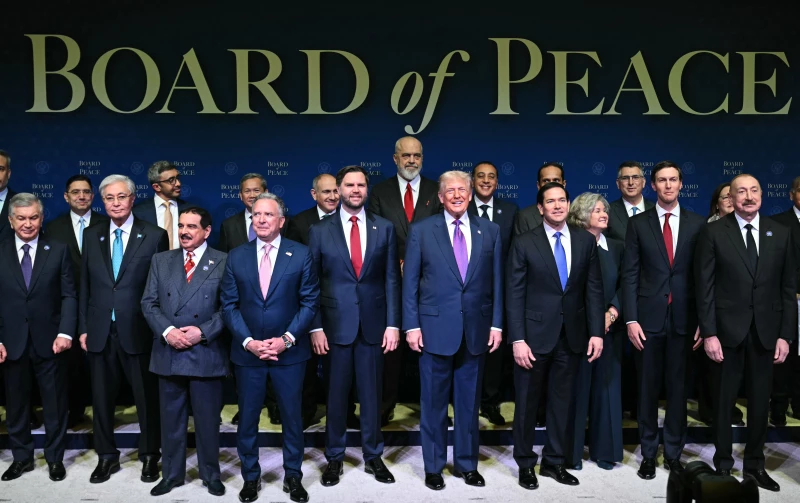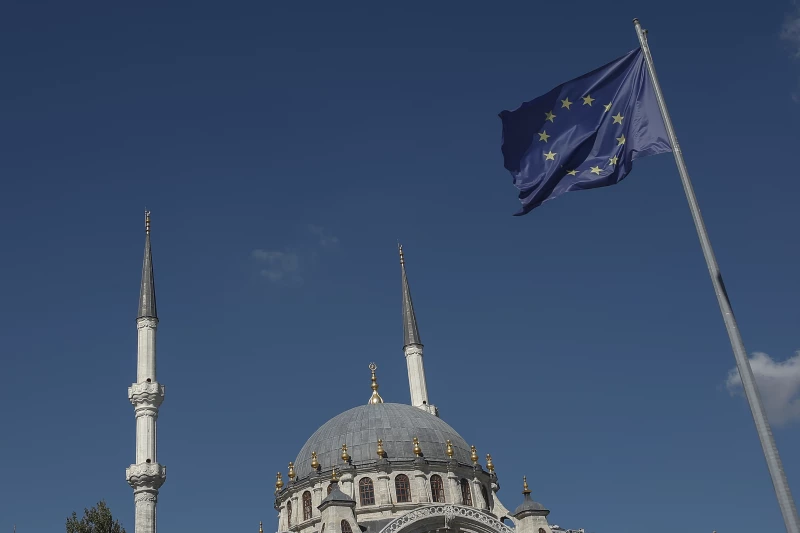ERBIL, Kurdistan Region of Iraq – The European Union is ramping up pressure on Israel as it expands its punitive military campaign in the Gaza Strip, with Brussels saying it would review a trade cooperation agreement signed with Israel.
The move, which was agreed upon on Tuesday, saw 17 of the bloc’s 27 member states backing the action, which was first proposed by Dutch foreign minister Caspar Veldkamp.
The move comes amid growing outcry over Israel’s blockade of humanitarian aid entering Gaza, with Prime Minister Benjamin Netanyahu eventually relenting and allowing the passage of a “minimal” amount of aid, saying that Tel Aviv has a prerogative to prevent “a situation of famine.” However, he noted that this move stemmed from “a practical and a diplomatic standpoint."
The EU’s High Representative for Foreign Affairs, Kaja Kallas, noted that a “strong majority” of the Union’s 27 member states supported reviewing its trade agreement with Israel.
The EU has often struggled to find a consensus regarding the bloc’s approach to the Israeli-Palestinian conflict, with member states such as Spain, Ireland, and Norway supporting strong measures against Tel Aviv, while traditional allies such as Germany and Czechia prove reluctant to challenge Israel.
Sweden has urged the EU to levy sanctions on individual Israeli ministers to pressure the Netanyahu administration into bringing its campaign to a halt.
Ireland’s deputy prime minister and minister for foreign affairs, Simon Harris, welcomed the trade review, noting that “Ireland and Spain first called for this step in February 2024” and saying that “today, a clear majority of member states agreed on the need to send a strong signal to Israel to reverse course, to halt its military operations, and to lift the blockade on lifesaving aid.”
Israel lashed out at the prospective European move, with a foreign ministry statement saying that the proposal "reflects a total misunderstanding of the complex reality Israel is facing.”
The EU as a collective is Israel’s largest trading partner, with the annual trade relationship being valued at more than $50 billion annually.



 Facebook
Facebook
 LinkedIn
LinkedIn
 Telegram
Telegram
 X
X


